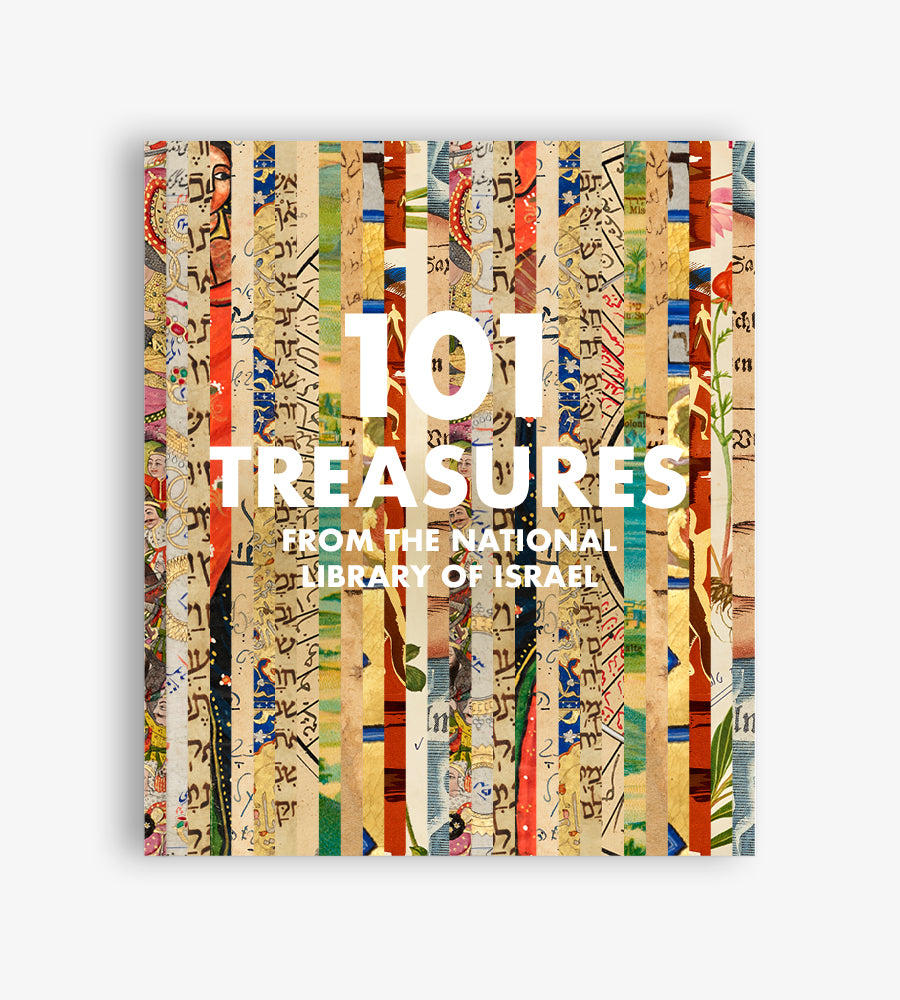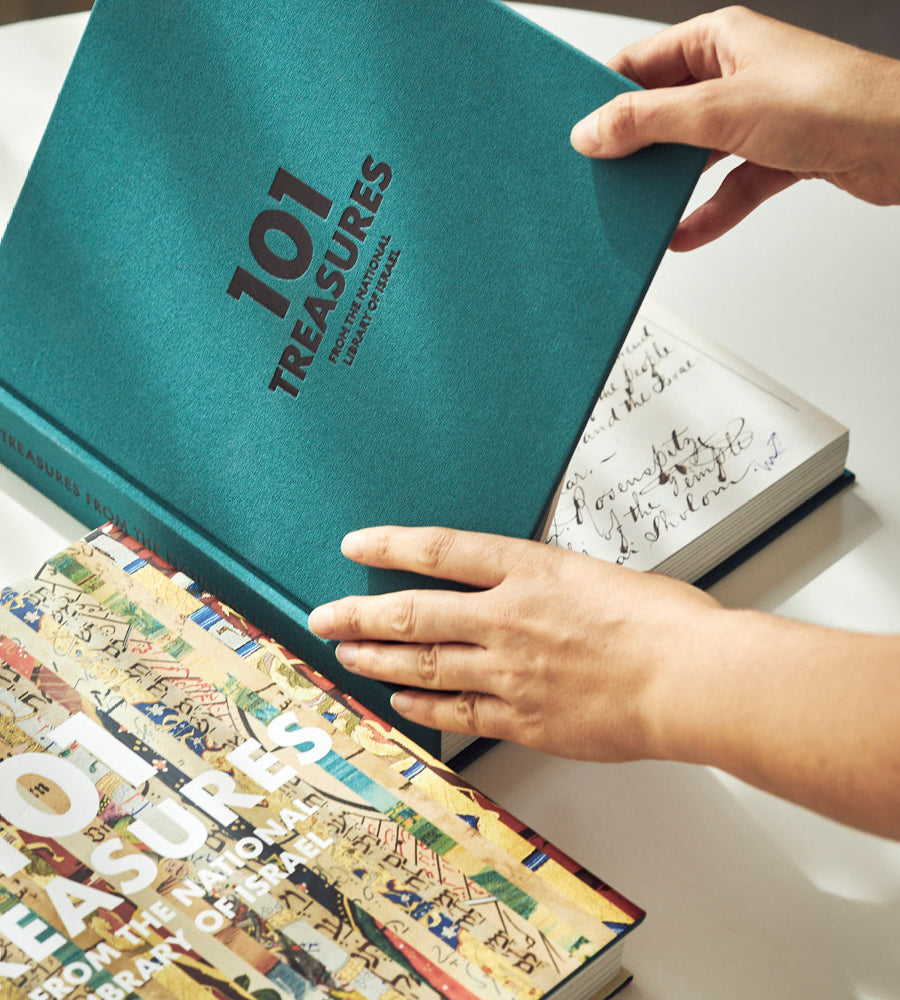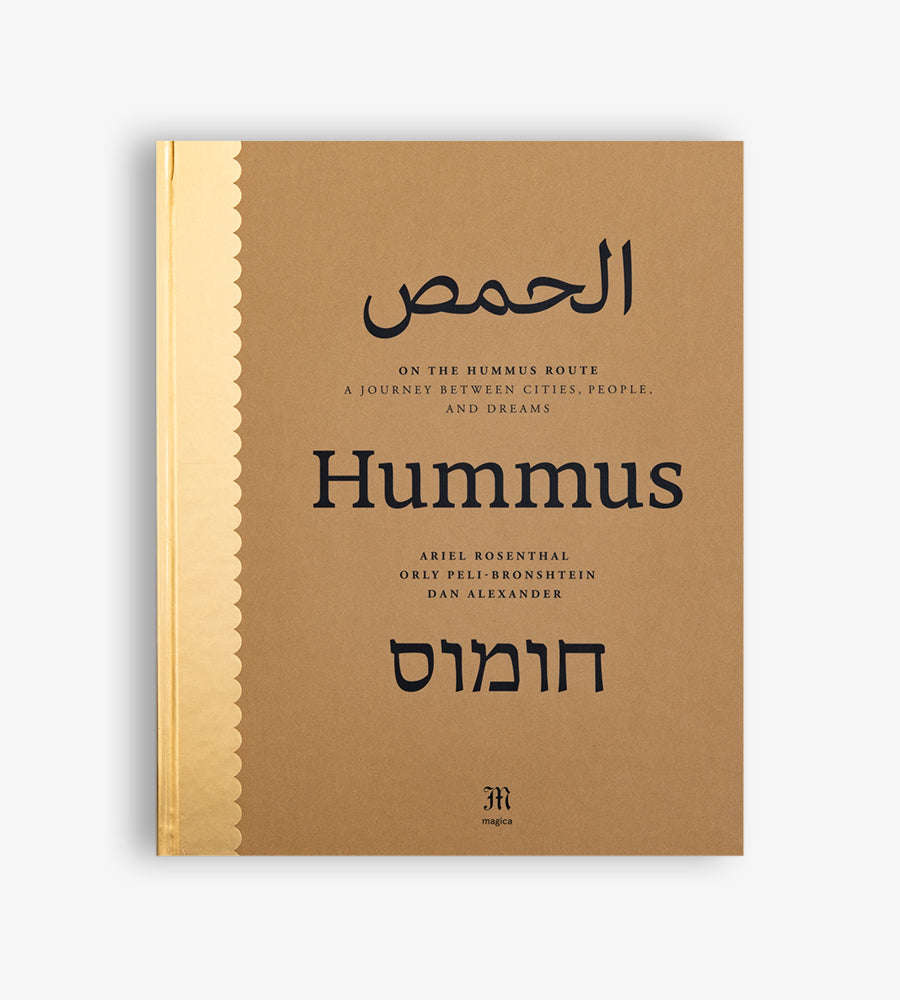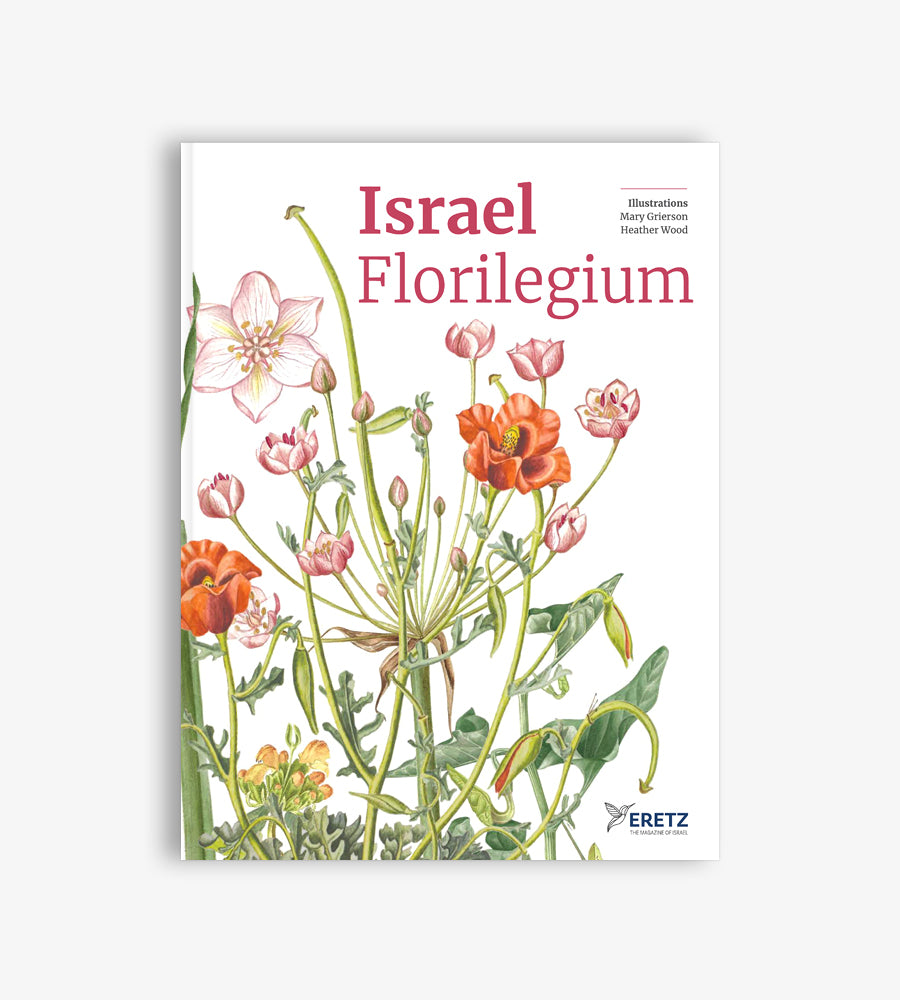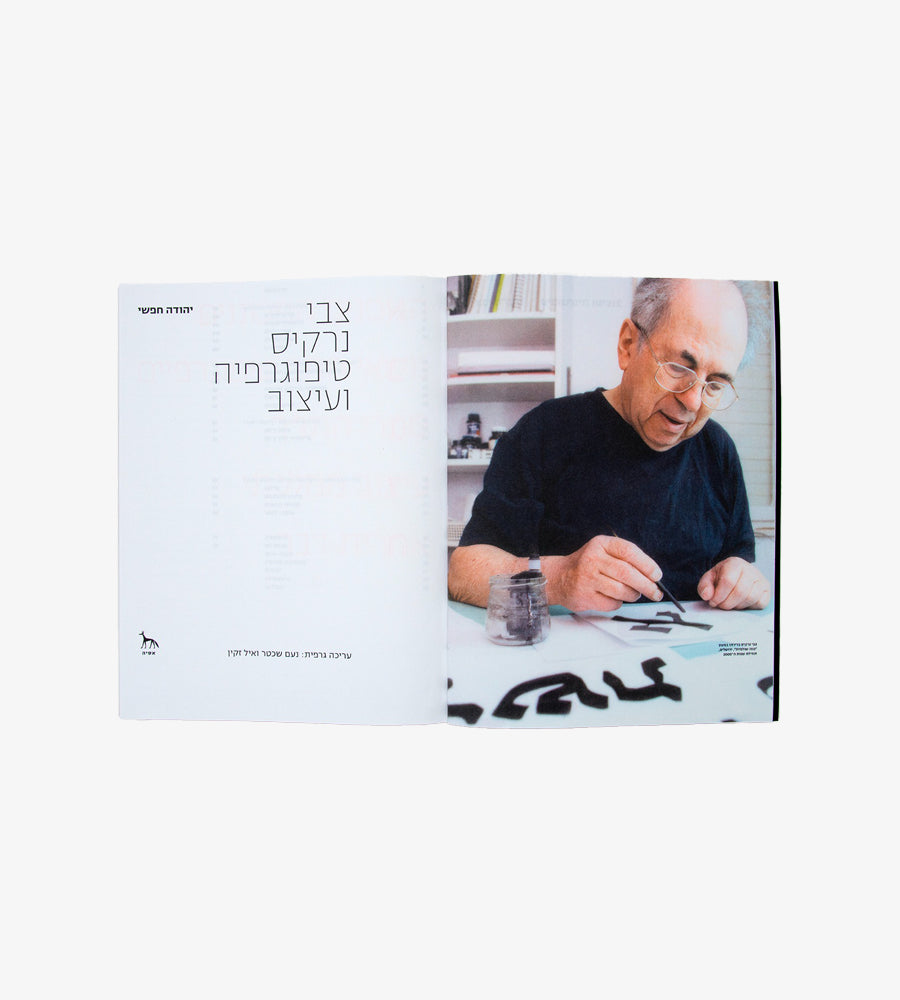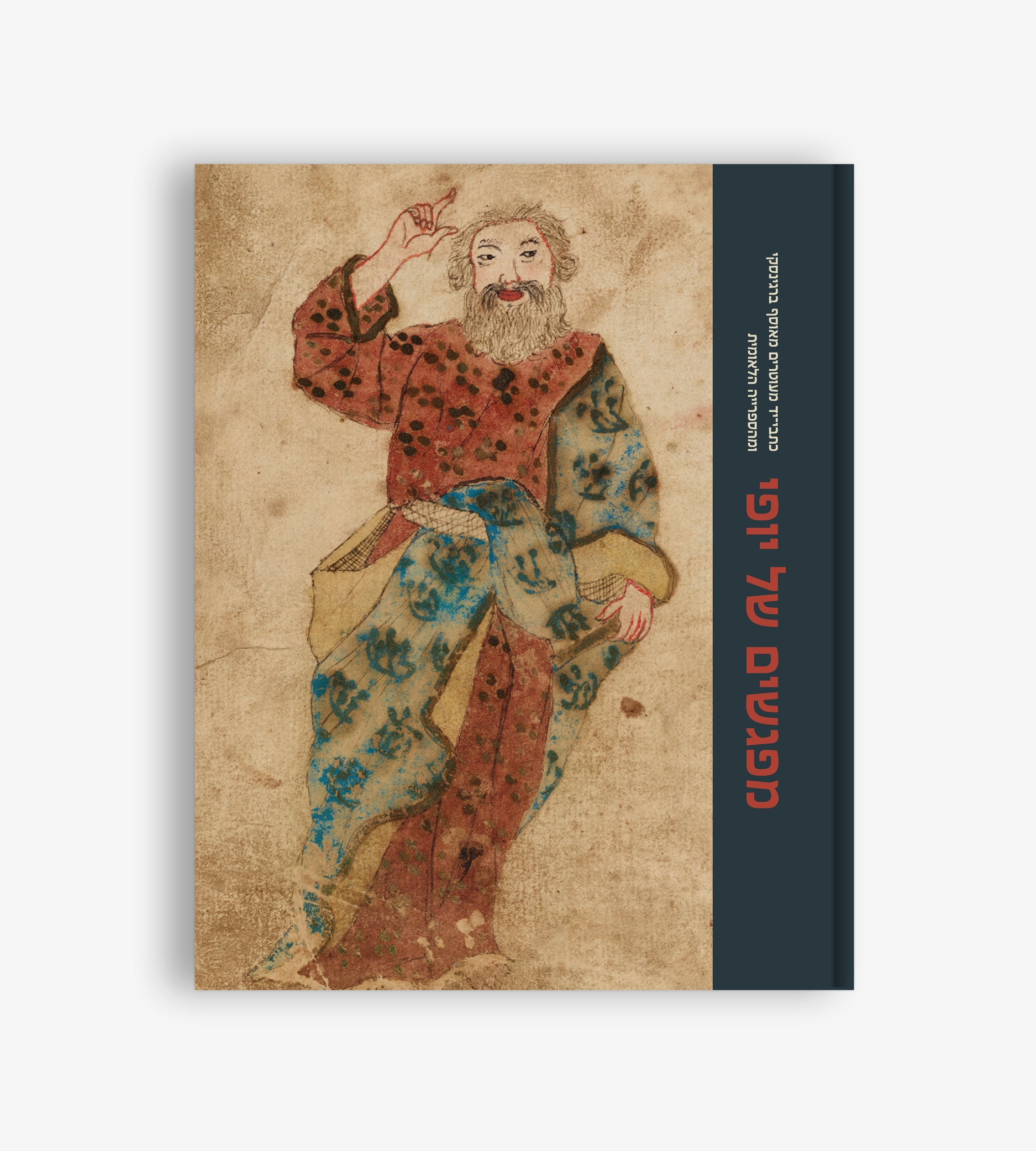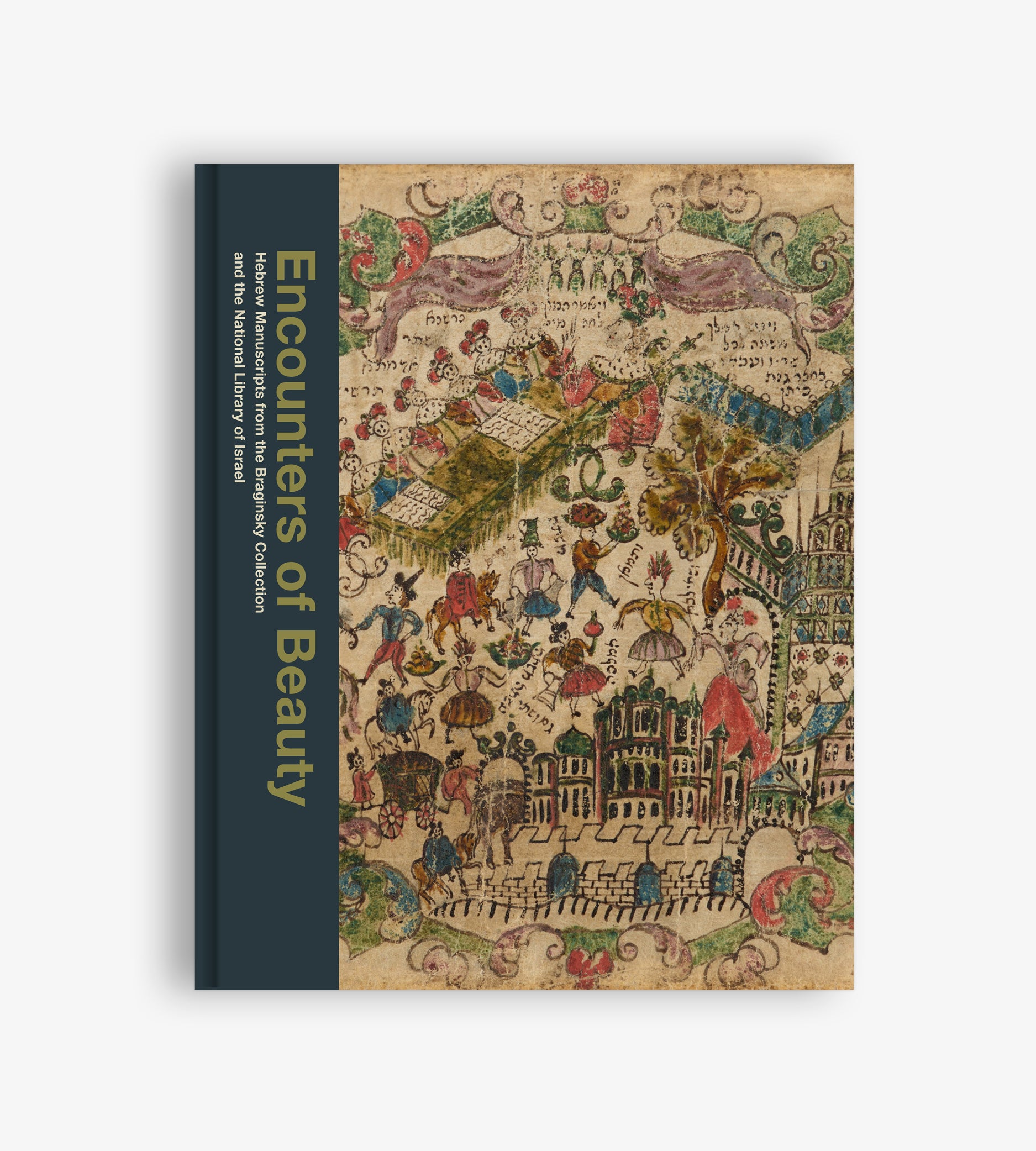Article: The Wandering Poem
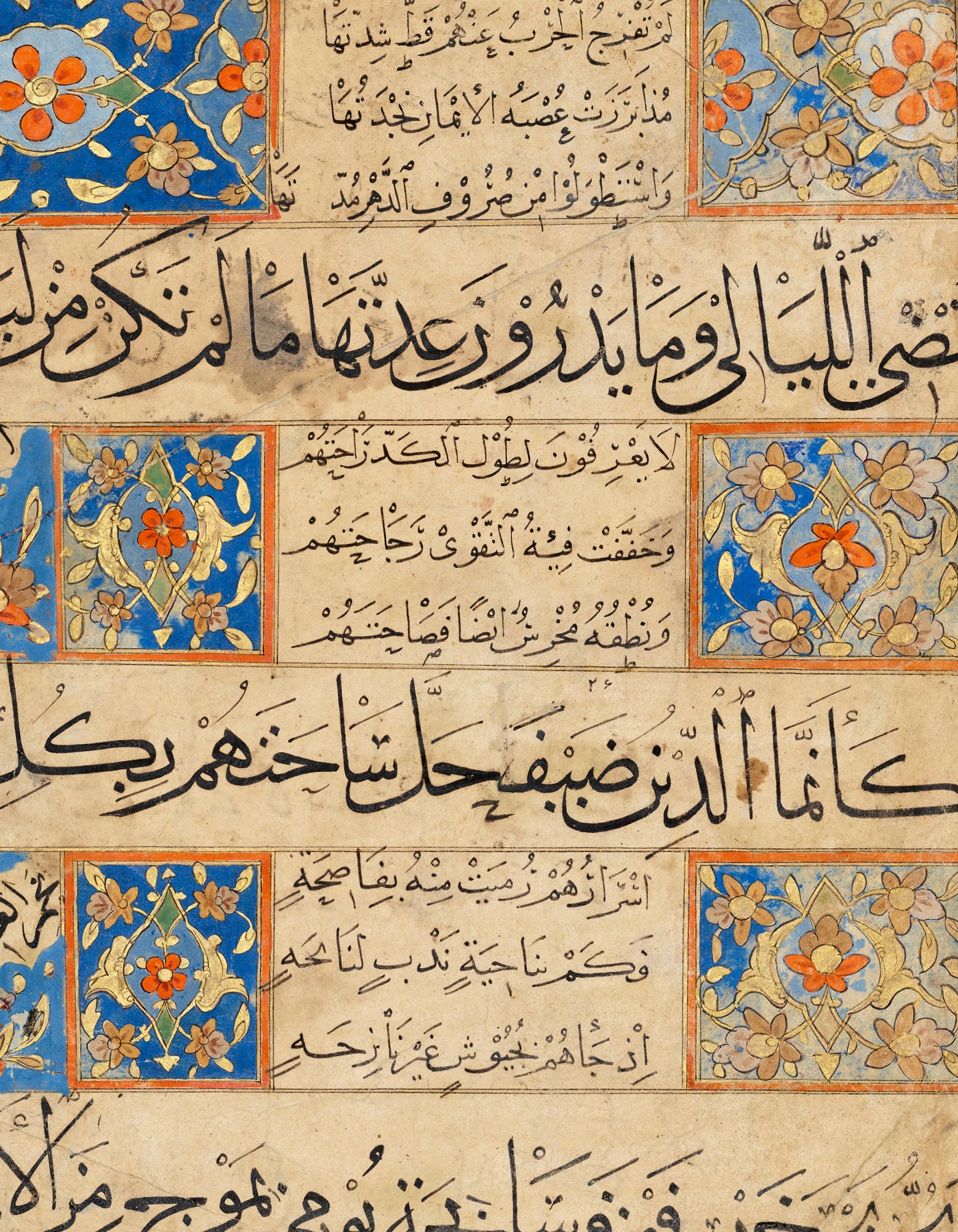
The Wandering Poem
Samuel Thrope

The scholar and lexicographer Muhammad Firuzabadi (1329–1414) lived his life on the road. Born in the Iranian town of Firuzabad, he was educated in Shiraz and then traveled to Baghdad. From the age of twenty, he lived in Damascus, Jerusalem, Mecca, and Delhi, before finally settling in Yemen, where he became chief judge and died in 1414.
Throughout his peripatetic life, Fīruzabadi composed numerous works, most famously his Arabic dictionary, The Surrounding Ocean (Qamus al-muhit). His biographers relate that he was always studying, buying, and selling books as he traveled and taking every opportunity to read during the stops on his journeys. Firuzabadi was by no means exceptional for his time. Movement and knowledge were inseparably linked in the medieval Islamic world, with scholars traveling long distances to study with leading masters and books circulating far and wide.
In 1362, during a return trip to Damascus and, possibly, Jerusalem as well, Firuzabadi copied this later-illuminated manuscript of the Ode of the Mantle (Qasidat al-burda), a thirteenth-century mystical poem in praise of the Prophet Muhammad that is one of the most popular and widely quoted classical Arabic texts. Firuzabadi, who wrote a commentary of his own on the poem, was particularly interested in the poem’s linguistic elements. While the fate of the manuscript in the intervening centuries is unknown, a Persian note written in 1911 and appended to this copy tells of its eventual return to Firuzabadi’s homeland of Iran. The note was written by the manuscript’s then owner, Lutf-Ali b. Muhammad al-Kazim, and relates the painstaking gathering of the sixteen folios of the manuscript from different locations over the course of twenty years. Despite al-Kazim’s labors, the manuscript did not remain long in Iran, as stamps on the final pages indicate its approval for export in 1930.


